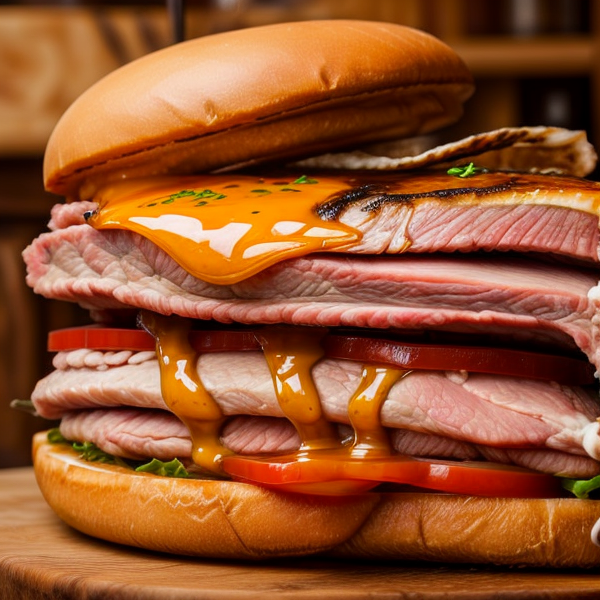Why did humans start eating meat?

The question of why humans started eating meat is one that has puzzled scientists and historians for centuries. There are several theories about the origins of our ancestors’ dietary shift from primarily plant-based to including animal products. Here are some of the most popular explanations:
1. Nutritional needs: One theory suggests that early humans began eating meat as a way to supplement their diet with essential nutrients, such as protein, iron, and vitamin B12, which are more readily available in animal tissue than in plants. This hypothesis proposes that our ancestors were not able to obtain enough of these nutrients through plant-based diets alone, leading them to incorporate meat into their meals.
2. Hunting and gathering advantages: Another theory posits that early humans started eating meat because it was easier to obtain than plant foods. In many parts of the world, hunting and scavenging provided a reliable source of protein and fat, while also allowing for the acquisition of new resources like bones and tools. Additionally, consuming the organs and fatty tissues of animals may have helped early humans overcome certain health challenges associated with plant-based diets.
3. Cooking and digestion: Some researchers believe that cooking played a crucial role in the development of human intelligence and social behavior. By cooking meat, our ancestors were able to extract more calories and nutrients from their food, which allowed them to grow larger brains and bodies. Cooked meat also became more easily digestible, reducing the energy required for chewing and increasing the amount of time that the body had to absorb nutrients.
4. Cultural and symbolic significance: Finally, there is evidence that the consumption of meat has always been closely tied to cultural and symbolic practices. For example, many ancient cultures believed that eating the flesh of an animal would grant them strength or power, while others saw it as a way to honor the gods or celebrate important life events. These cultural associations continue to shape our attitudes towards meat today.
In conclusion, while we may never know exactly why humans first started eating meat, it is clear that the decision had far-reaching consequences for our species. From providing essential nutrients to shaping our culture and society, the history of meat consumption is an intricate and fascinating part of what makes us who we are.
